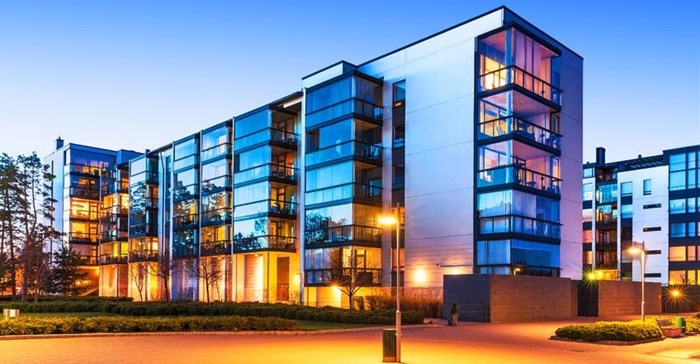
Top stories






More news












Logistics & Transport
Uganda plans new rail link to Tanzania for mineral export boost













This is, however, no longer the case, says Jason Gregoriades, a member of the Rawson Property Group's commercial division. "Many private investors are now able to invest in commercial real estate and there are several good reasons for doing so, the first of which is that prices are favourable.
"Higher vacancy rates following the global financial crisis in 2008/09 resulted in lower demand for most forms of commercial property and created an oversupply that put a damper on prices, which are in many cases are still below the peaks reached during the previous property boom. In the residential sector, on the other hand, prices have in many cases fully recovered and even exceeded those peaks now," says Gregoriades.
Secondly, the global economy is recovering now, albeit slowly, and many new businesses are being established that need to rent commercial spaces from which to operate. "This is especially true in SA, with its young and very entrepreneurial population, and we see rising demand every day for offices, shops and mini-factories to accommodate newly-qualified professionals and start-up businesses."
The third reason to invest in commercial property, is that the returns are often better than on residential property. "The rental yield on commercial property is usually between 8% and 11%, compared to an average of 6% to 8% at the moment on residential property," Gregoriades says.
"In addition, the risk to income is often lower in commercial buildings. If you own a small shopping centre and you lose one of 15 tenants, for example, you will only be losing a fraction of your rental income, instead of the entire rent you could lose if you lost a tenant in a house, flat or townhouse. Leases on commercial properties are generally also longer, which helps to stabilise your cash flow."
Other important positives, he says, include the fact that most commercial tenants will have at least as much reason as you do to keep your property properly secured and well-maintained, and that you are likely to have a much more businesslike relationship with them than you would probably have with residential tenants.
However, as with all investments, it will really pay to do some homework before making any commitment. "Most people are aware, for example, that commercial properties cost more than residential properties, but many are not aware that the banks will generally require a bigger percentage of the purchase price as a cash deposit on a commercial property.
"In fact, everything will be on a bigger scale, so while you may be earning much more rent on a commercial building, your insurance premiums will also be much higher, for example, and you will most likely be facing much higher repair costs if things go wrong. You need to be prepared for this," he says.
Commercial property investors also need to ask questions about the location of the property, proper zoning and business rights, the safety and demographics of the area, the condition of the building, the vacancy rates to date and why the current tenants are moving.
"Multiple tenants mean multiple management issues, including tenant selection, leasing and renewal negotiations as well as maintenance and repairs, and unless you are prepared to make this your full-time job, you should really build the cost of a professional commercial property manager into your initial budget," he concludes.